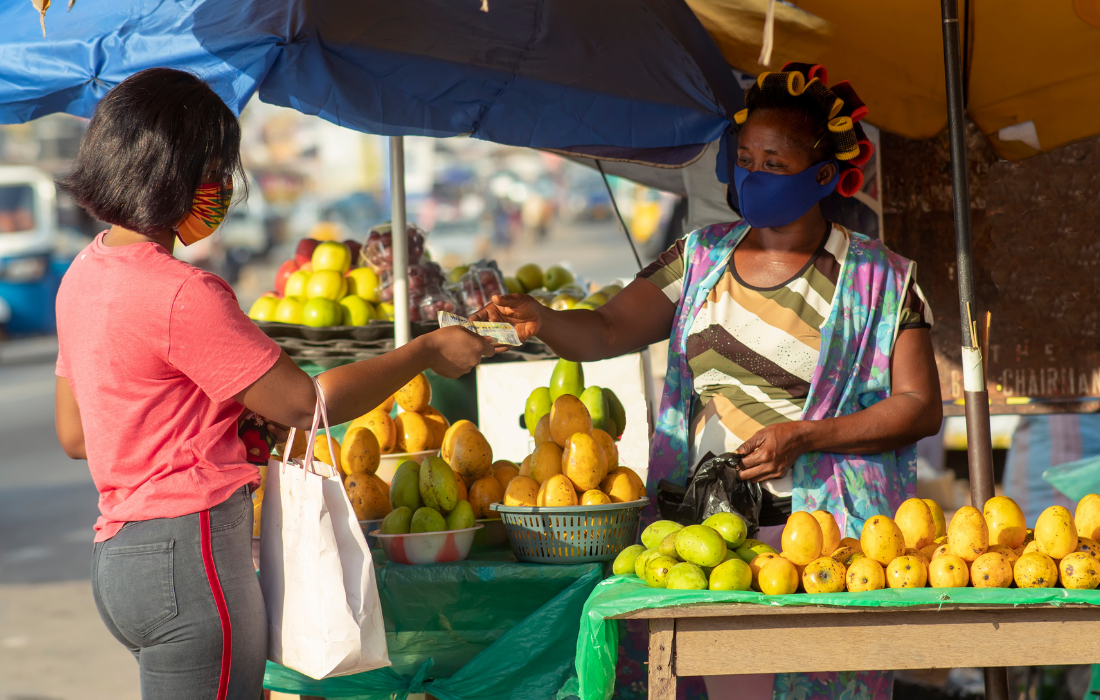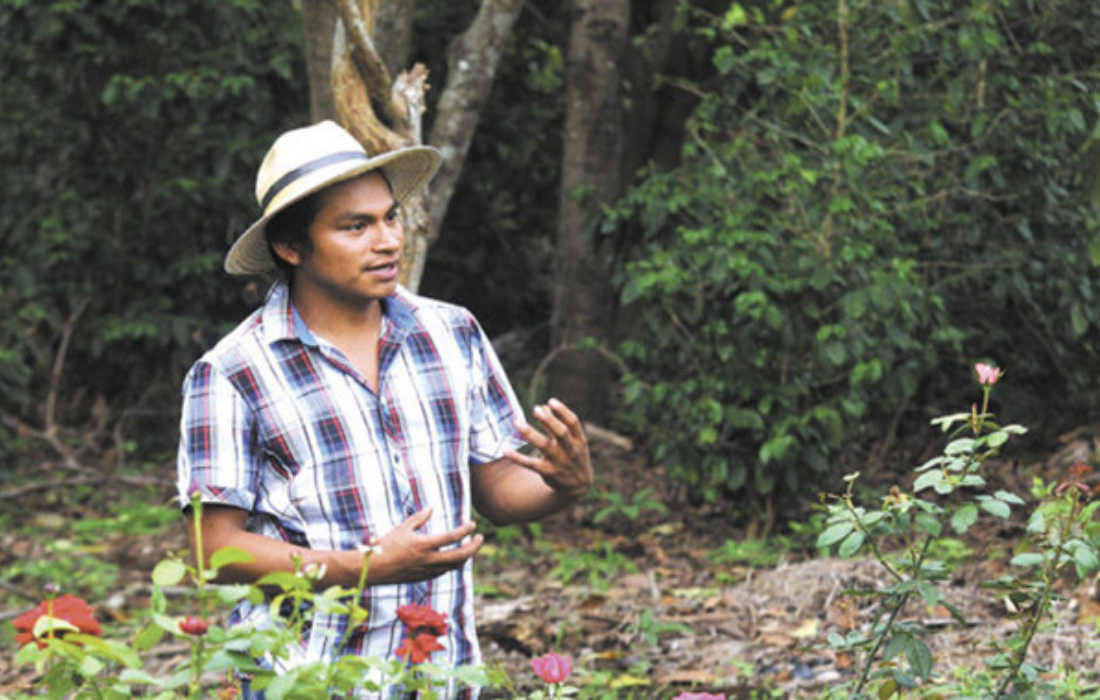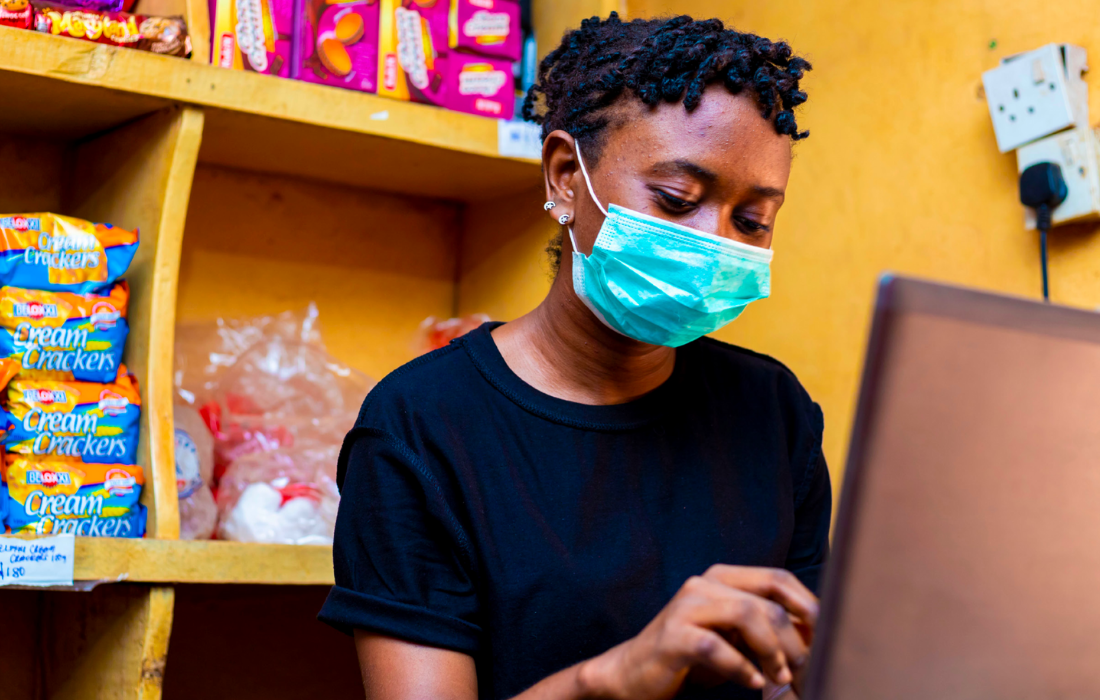Indian women do 10 times more unpaid care work than Indian men, and Covid-19-related challenges have increased their burden by an estimated 30%.
Learn more
Safe Hands Kenya showcases the dynamism, responsiveness, and entrepreneurship of Kenya’s private sector.
Learn more
In Washington DC, 46% of Covid-19 cases and 75% of deaths have occurred among Black people, who account for 44% of the overall population.
Learn more






